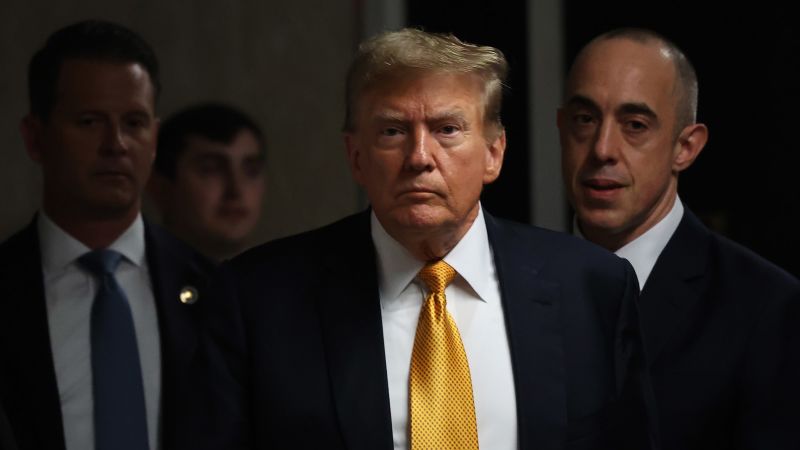
Donald Trump can be sentenced Friday in hush money case, Supreme Court says in 5-4 ruling
CNN
President-elect Donald Trump can be sentenced Friday in his New York hush money case, the Supreme Court said in a 5-4 ruling.
President-elect Donald Trump can be sentenced Friday in his New York hush money case, the Supreme Court said in a 5-4 ruling. The high court on Thursday rejected Trump’s emergency request to delay the proceeding, setting the stage for him to be sentenced just days before he is inaugurated on January 20 for a second term. Four conservative justices – Clarence Thomas, Samuel Alito, Neil Gorsuch and Brett Kavanaugh – said they would have granted Trump’s request. Chief Justice John Roberts and Justice Amy Coney Barrett joined the court’s three liberals to side against Trump. Judge Juan Merchan, the New York judge who oversaw Trump’s trial, had ordered sentencing in the case for Friday morning but has signaled that Trump will face neither penalties nor prison time. The sentencing hearing is scheduled for Friday at 9:30 a.m. Trump will appear virtually, according to a person familiar with the plans, joining the proceedings from Mar-a-Lago. In a brief, one-paragraph statement, the court said that some of Trump’s concerns could be handled “in the ordinary course on appeal.” The court also reasoned that the burden sentencing would impose on Trump’s responsibilities is “relatively insubstantial” in light of the trial court’s stated intent to impose no penalty.













